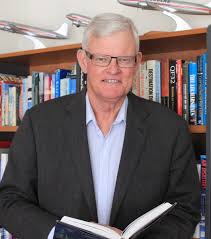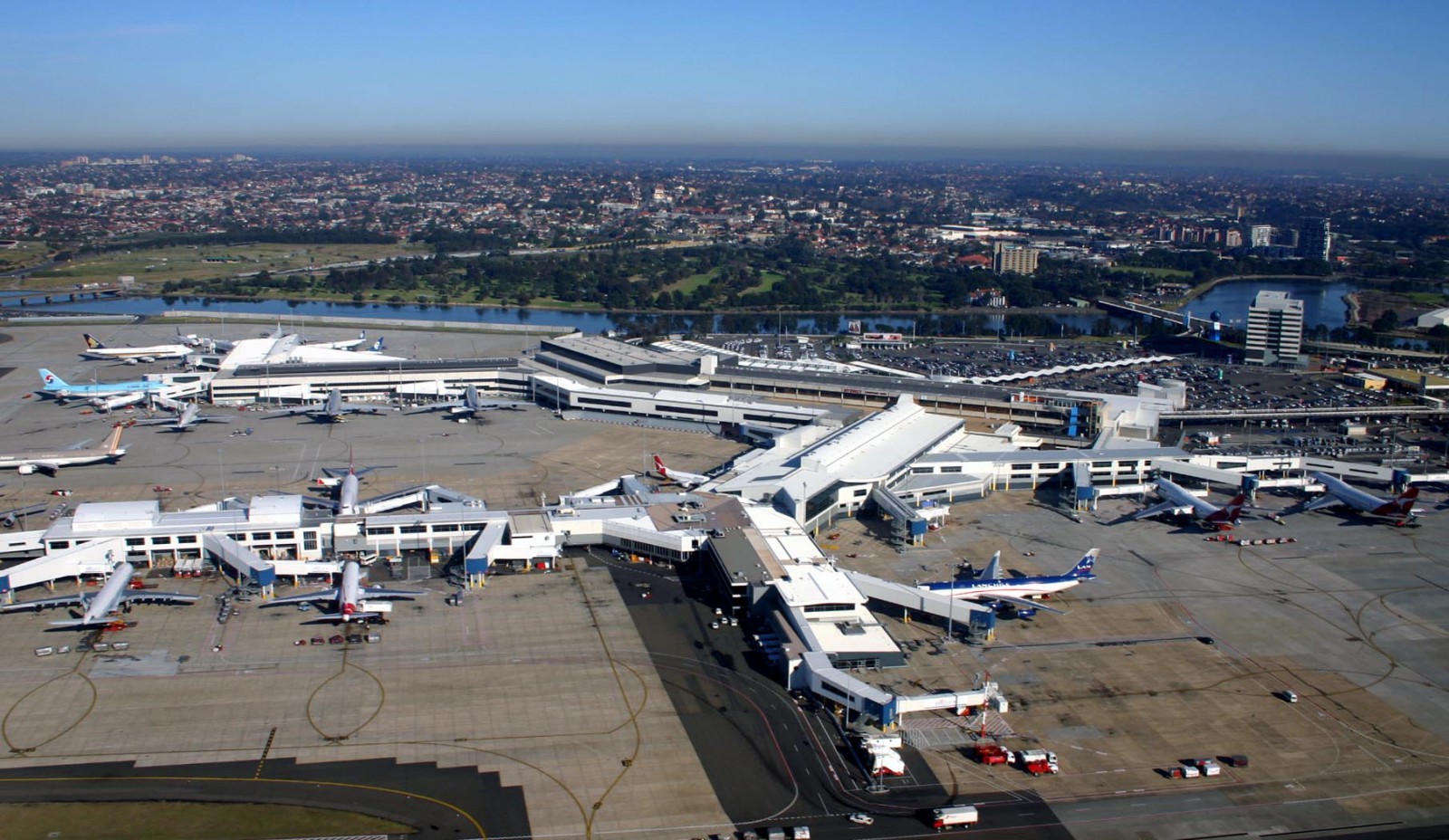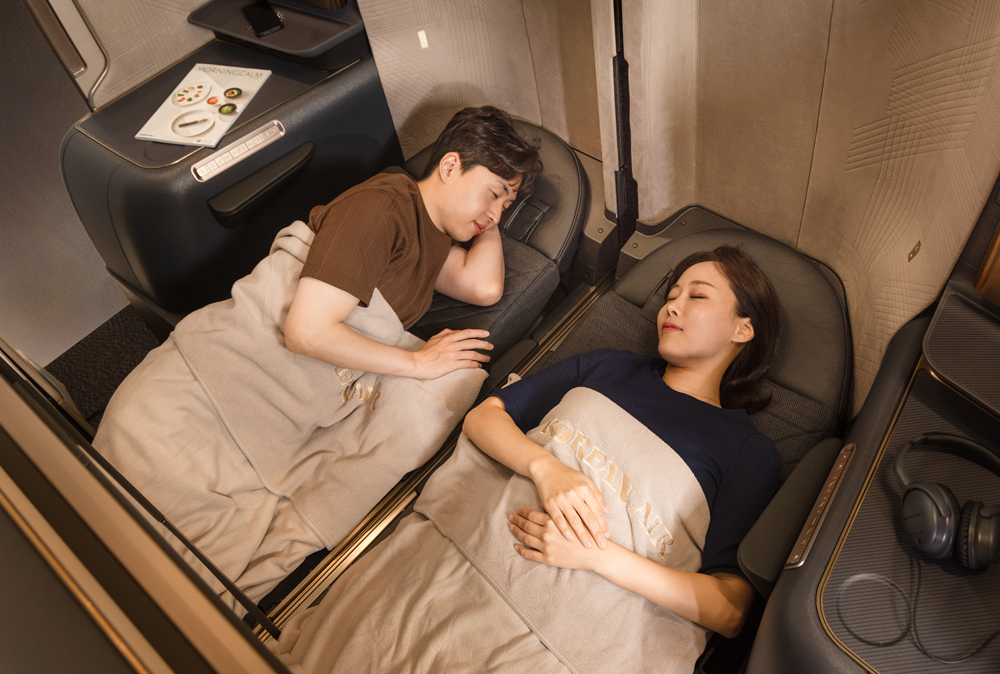Australian airports' profits excessive claims new report
24 May, 2018
4 min read
Industry News

Geoffrey Thomas
By joining our newsletter, you agree to our Privacy Policy


Australian airports' profit margins are up to double those of other airports around the world operating in competitive markets or with greater regulation, according to a new report launched by the major airlines.
The findings presented in Canberra this morning are contained in a report, The Performance & Impact of Australia’s Airports Since Privatisation commissioned by new industry group Airlines for Australia and New Zealand (A4ANZ).
A4ANZ is an industry group that has been established as a voice to represent airlines based in Australia and New Zealand.
The report, with analysis from Frontier Economics, says that “passengers and the economy are paying the price of airport privatization and the absence of appropriate constraints on monopoly power.”
READ: Qantas denies economy passengers will have to pay for food and drinks
It states that while Australia’s four main airports, including Perth, are collecting 25 percent more revenue per passenger than they were 10 years ago in real terms, quality of services has not improved, while airfares have fallen more than 40 percent over the same period.
The report says that “Australia’s regulatory system needs to catch up with best practice to protect air travelers from monopoly airports.”
Commenting on the report’s release, A4ANZ Chairman, Professor Graeme Samuel AC, said: "Privatisation of Australia’s airports promised to offer many benefits: more efficient management of assets, investment and downward pressure on prices.”
“Yet, in the absence of an effective regulatory regime, airport privatization has ultimately resulted in higher costs for both airlines and passengers."
A4ANZ’s chief executive Dr. Alison Roberts said that Australia’s airports are “monopolists.”
“What this report reveals is the ability of the airports to use this monopoly position to earn excessive profits, and that they have been doing so in the absence of a credible regulatory threat. This is a trend that began over a decade ago and shows no sign of stopping."
Professor Samuel added: "No one is suggesting the airports don’t deserve to make a decent profit. But the current levels of profit are excessive, and it’s ultimately being paid for by the traveling public. Given the importance of air travel to the national economy, A4ANZ and its member airlines are committed to maintaining positive, constructive commercial relationships with airports. It is in everyone’s interests to do so."
The report’s release comes ahead of the anticipated Productivity Commission Inquiry into the Economic Regulation of Airports of the ACCC’s most recent airport monitoring report.
Professor Samuel said of that ACCC report: "Consumers are the ones who ultimately lose in this scenario, whether it’s the exorbitant landing and service fees paid by airlines on the passenger’s behalf, their car parking fee, taxi surcharge, or the bottle of water they buy in the terminal."
But Australian Airports Association (AAA) chief executive Caroline Wilkie said the A4ANZ claims were not borne out by the facts.
She said the airports had invested more than $A11.5 billion on airport improvements in the past 10 years as well as worked locally and globally to encourage airline competition that had helped lower airfares.
“Attracting international airlines and growing competition has been key to the rise of the tourism industry as a power house of Australian small business and regional economies,” Ms Wilkie said.
Ms Wilkie also rejected the claims about airports’ use of market power, saying they ignored robust negotiations between airlines and airports to deliver runways, terminals and technology to meet passenger needs.
“Airlines benefit from higher airfares to support higher profits and we are concerned the domestic airline duopoly disadvantages the passenger – particularly in the regions,” Ms Wilkie said.
“To suggest airport charges have a major impact on airfares is simply wrong, with charges making up less than 10 per cent of airfares.”
Next Article
2 min read
Qantas triples profit but misses mark

Get the latest news and updates straight to your inbox
No spam, no hassle, no fuss, just airline news direct to you.
By joining our newsletter, you agree to our Privacy Policy
Find us on social media
Comments
No comments yet, be the first to write one.
